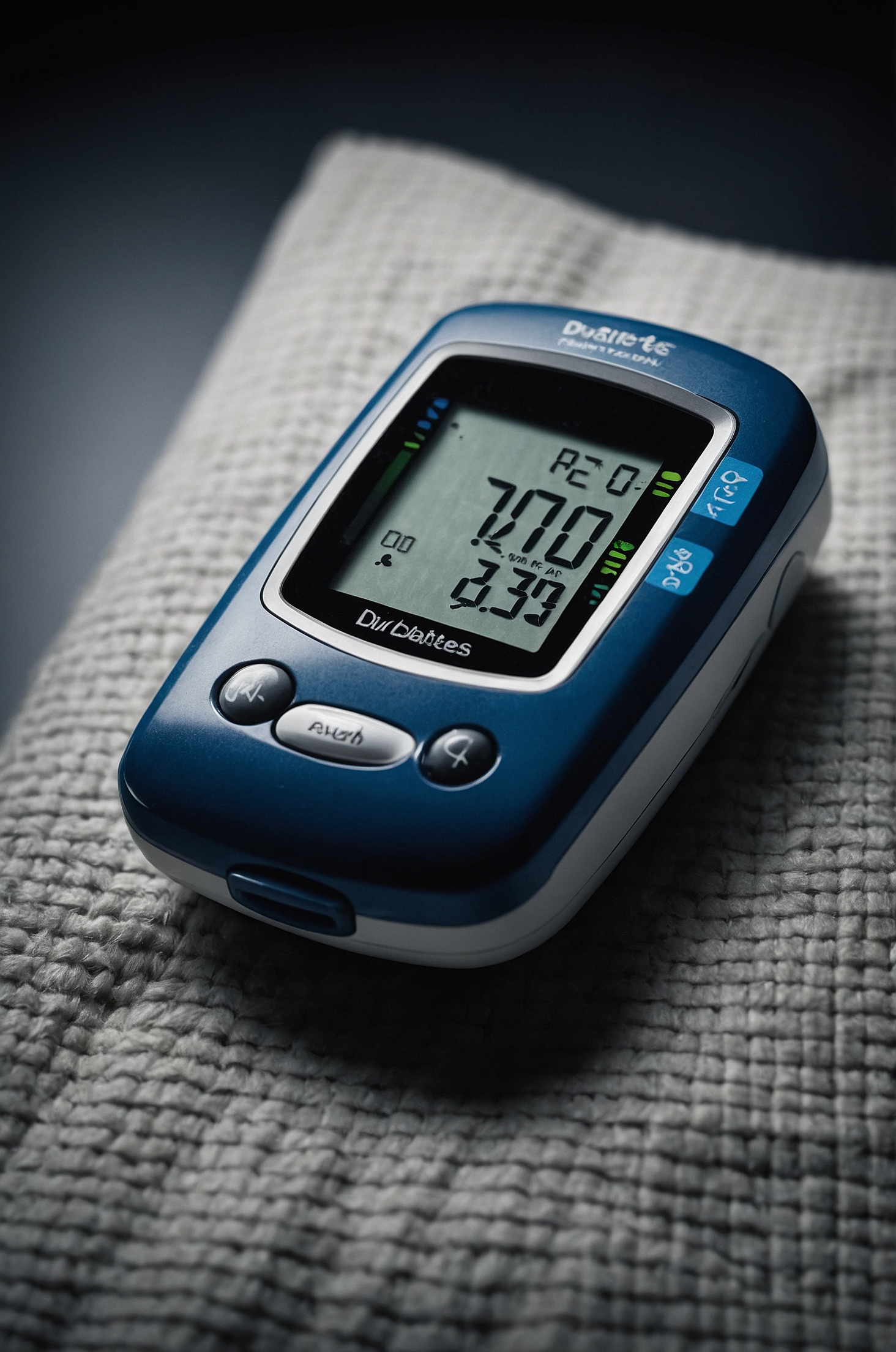Truck Drivers with Diabetes – DOT Regulations – DOT Physical A1C Requirements for Diabetes
IMPORTANT UPDATE REGARDING INSULIN-TREATED DIABETES MELLITUS (ITDM)
Effective November 19, 2018 ITDM patients will no longer be required to apply for the diabetic waiver program. Please down load form MCSA-5870, have your treating physician complete the form PRIOR to your evaluation and bring the COMPLETED form to your DOT evaluation. Under these new rules, you may be eligible for a certificate up to 12 months, again without having to apply to the diabetic waiver program. Your treatment must be well tolerated and always, keep a log of current blood sugar levels.
Further information can be found on the FMCSA website. Please note that form MCSA-5876 has not been approved as of yet and should be approved by the implementation date of November 19, 2018.
The Department of Transportation (DOT) and the Federal Motor Carrier Safety Administration (FMCSA) adapted medical guidelines that diabetic truck drivers must meet. They are part of the requirements for obtaining an interstate Commercial Driver’s License (CDL).
Truck drivers with diabetes must adhere to specific DOT physical exam regulations. At one point in time, a truck driver with diabetes had to prove they have had diabetic episodes for three years to qualify for the diabetic exemption program. Since the diabetic exemption program was revised, this qualification no longer applies. Read below to find out what the new DOT regulations mean for prospective truck drivers with diabetes.
Managing high blood pressure is also crucial for passing the DOT physical exam. Individuals with high blood pressure may need to undergo more frequent medical evaluations to maintain their commercial driving license.
Changing DOT regulations for insulin treated diabetes truck drivers
The first diabetic exemption program was established in 2003. It contained a long list of stipulations that made it hard for diabetic truck drivers to qualify for their CDL. This kept many capable truck drivers from employment with interstate trucking companies.
Poor glucose control can significantly affect a driver’s ability to meet DOT regulations, as it may indicate uncontrolled diabetes and high Hemoglobin A1c levels, which are critical for passing DOT physical exams.
One of the main DOT regulations hindering diabetic drivers from qualifying for the exemption program was the three-year rule. The three-year rule stated truck drivers with diabetes must have a record of driving for three years without a diabetic episode, and must have been on insulin for that time. It prevented nearly all potential drivers with diabetes from meeting the old DOT regulations. Between 2003 and 2005, only four exemptions were granted to diabetic truck drivers.
On November 8, 2005, the FMCSA overturned some of the rules stated in the 2003 diabetic exemption program. The agency made vital changes, opening the road to more diabetic truck drivers. The FMCSA started accepting applications for the revised diabetic exemption program on September 22, 2005. These changes have made it easier for diabetic truck drivers to pass the DOT physical.
Implementing changes in the DOT program for diabetic truck drivers
The 2005 DOT regulations for the diabetic exemption program follow the recommendations of the FMCSA Expert Medical Panel. The panel recommends that insulin-dependent truck drivers be on medical observation during a 1-2 month period of driving a commercial vehicle, and that their A1C levels, which represent average blood glucose levels over the past two to three months, remain between 7 and 10 percent. Currently in 2019, the driver must maintain an A1C of 8% or less to be qualified to drive as a CDL.
The maximum certification for a person with diabetes is one year. According to DOT guidelines, a person with diabetes, whether controlled with diet alone or diet plus medication, must meet the following criteria:
- Maintain a glycosylated hemoglobin (Hemoglobin A1C or “HBA1C”) of 8% or less.
A blood sugar level of less than 5.7% falls within the normal range, which is crucial for individuals undergoing a DOT physical examination. Levels above this threshold may indicate diabetes and affect eligibility.
DOT’s new regulation requires truck drivers who have Type 1 diabetes to take insulin for a minimum of two months before eligibility for exemption is granted. Drivers with Type 2 diabetes are only required to use insulin for one month before being considered for exemption.
DOT requirements for truck drivers with acceptable blood sugar levels
There are a few requirements diabetic truck drivers must meet before qualifying for the diabetic exemption program. The process consists of three stages: the initial screening, a medical examination, and continued monitoring.
Initial screening During this screening, the driver is monitored. Their safety record is used to determine if the driver can safely use insulin while operating a commercial motor vehicle (CMV).
Medical examination A medical examiner looks at the driver’s medical history to see if there is any indication of hypoglycemia. Next, the driver undergoes a complete physical examination. The medical examiner will also check for acceptable blood sugar levels, including fasting blood sugar, to ensure the driver meets the DOT requirements. After the medical examination, the driver is given information for managing their diabetes while driving a commercial vehicle. The truck driver may be given supplies for maintaining his or her blood glucose levels.
Diabetic truck drivers seeking an exemption must provide a current medical report from their primary physician. The physician’s report should detail the driver’s current level of diabetic control. Without a primary physician’s waiver, diabetic drivers will not be approved for DOT certification.
FMCSA is starting a National Registry of Certified Medical Examiners (NRCME). These examiners will be qualified to handle all the DOT medical examinations, including examinations for those with diabetes.
FMCSA monitoring Diabetic truck drivers must also submit to a diabetic monitoring program. Each driver agrees to monitor and report his or her insulin schedule, any severe hypoglycemic episodes or accidents. 
Diabetic exemption program disqualifications due to uncontrolled diabetes
There are a couple of ways a truck driver can be disqualified from the exemption program. If a driver has more than one diabetic reaction within one year or more than two within five years of applying for exemption.
High blood sugar can lead to disqualification from the exemption program as it affects the ability to drive safely and may require lifestyle adjustments or medical intervention.
The following events are considered diabetic reactions or episodes.
- Confusion
- Seizures
- Passing out
- Needing assistance to function normally
The second reason a diabetic truck driver may be disqualified is evidence of organ damage due to progressive diabetes. Organ damage can include macular degeneration, congestive heart failure, strokes, retinopathy, vascular disease, peripheral neuropathy or kidney failure. Conditions such as proliferative diabetic retinopathy, which can cause severe vision impairment, are also disqualifying factors.
Time frame for getting a diabetic exemption
The law gives the FMCSA 180 days to review and either grant or deny an application for diabetic exemption. However, certain stipulations may affect the turnaround time of an application. It may take longer if the application is incomplete, the applicant is required to undergo further medical testing or the driver must provide duplicate medical documentation.
After the FMCSA makes their decision, they will post a notice in the Federal Truck Driver Safety Registry. The notice will remain in the registry for up to 30 days to allow the public time to comment their approval or concerns about the driver’s safety. Once the agency reviews the public opinion and makes their decision, the driver receives an acceptance or denial letter through the mail.
Future changes to DOT regulation for diabetic truck drivers
The FMCSA diabetes panel is currently reviewing the physical standards qualifications. There are several process steps. All considerations and amendments must be reviewed and approved by the FMCSA medical board and chief medical officer.
The DOT and FMCSA have discussed the possibility of doing away with the diabetic exemption program. However, the program’s abolishment is not set in stone. For now, truck drivers with Type 1 or Type 2 diabetes still must apply for the diabetic exemption, to drive commercial vehicles on out-of-state highways. Future changes may include requirements for a stable insulin regimen to ensure drivers can safely operate commercial vehicles.
How to apply for the diabetic exemption program and pass the DOT physical exam
Diabetic truck drivers applying for a diabetes exemption should download a copy of the application (PDF) available on the FMCSA website. You must be evaluated by an ophthalmologist or optometrist, and an endocrinologist. These doctors must provide specific information regarding your diabetes. Applicants must also meet specific blood sugar requirements as part of the medical evaluation process. The agency may request additional information as well.
This information is courtesy of non forced dispatch.
Frequently Asked Questions About DOT Physical A1c Requirements
What A1C is acceptable for dot physical?
For a DOT (Department of Transportation) physical, there is no specific A1C (glycated hemoglobin) level required. Instead, the focus is on the overall management and control of diabetes to ensure that it does not impair the ability to operate a commercial vehicle safely. However, generally, an A1C below 7% is often considered indicative of good diabetes control.
What is the A1C rule?
The A1C rule, in the context of diabetes management, typically refers to the recommendation that individuals with diabetes should aim to maintain their A1C levels below 7% to reduce the risk of complications. This target can vary depending on individual health conditions and medical advice.
What are the requirements for A1C?
While there is no strict A1C requirement for passing a DOT physical, the medical examiner will consider the overall diabetes management. Requirements include:
- Blood sugar levels within a safe range.
- Absence of hypoglycemic episodes (especially severe ones requiring assistance).
- Proper use of medications and insulin, if prescribed.
- Documentation and records of regular monitoring and control.
CDL and Diabetes can you lose your CDL?
You can have a CDL (Commercial Driver’s License) if you have diabetes, but there are certain conditions:
- If you use insulin to manage diabetes, you must obtain an Insulin-Treated Diabetes Mellitus Assessment Form (MCSA-5870) completed by a treating clinician.
- You must demonstrate stable control of your diabetes without significant episodes of hypoglycemia.
- Regular monitoring and compliance with treatment are necessary.
- The medical examiner must be satisfied that your condition does not pose a risk to driving safety.
Maintaining good communication with healthcare providers and adhering to a diabetes management plan are crucial to retaining your CDL if you have diabetes.

I am the administrator for the Charlotte DOT Exam facility, located in Charlotte NC. I oversee the facility services providing DOT exams in accordance with the standards of the FMCSA. We also provide DOT drug testing with MRO support when required. Drug testing can also be done for non-DOT exams such as pre-employment. In order to minimize wait times, I always encourage our clients to contact us first and make an appointment.
I would also suggest that each individual wanting to test for the CDL health card read the article “Preparing For Your DOT Exam” as it lists several things to bring to the test, such as CPAP usage reports and medicine lists.


